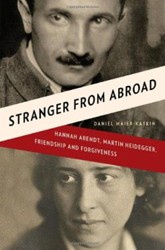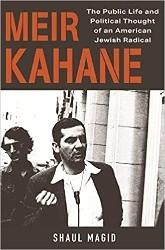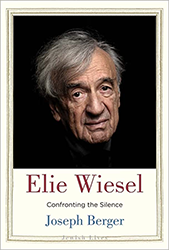The German-Jewish immigrant philosopher Leo Strauss is known to many people as a thinker of the right, who inspired hawkish views on national security and perhaps even advocated war without limits. Challenging this reputation, the book provides the first comprehensive analysis of Strauss’s writings on political violence. The author shows that although Strauss was attracted to the intellectual right in Weimar Germany, by his early thirties he was turning in a different direction, influenced by Greek philosophy and the study of medieval Jewish thought. In many mature works that addressed extreme violence, Strauss tackled at its roots the mindset that seduced him as a youth, profoundly critiquing it, and engaging in a kind of teshuvah in relation to his initial misstep. Strauss emerges as a man of peace, favorably disposed to international law and skeptical of imperialism, who ends up affirming his allegiance both to liberal democracy and the Jewish people.

Nonfiction
Leo Strauss: Man of Peace
- From the Publisher
May 22, 2014
Discussion Questions

Jewish literature inspires, enriches, and educates the community.
Help support the Jewish Book Council.



